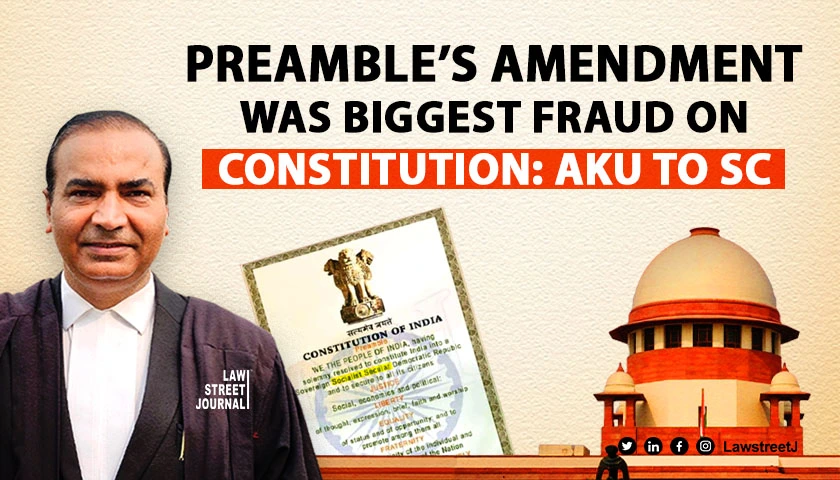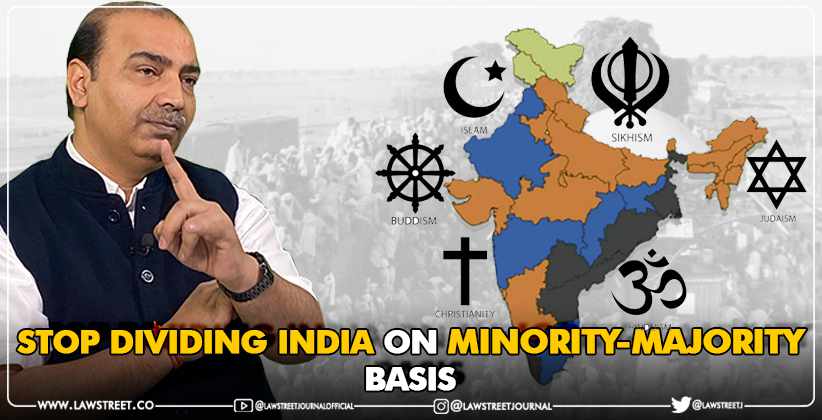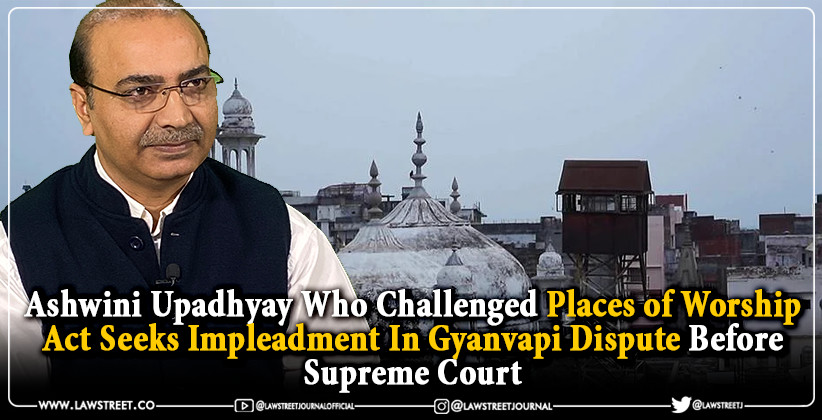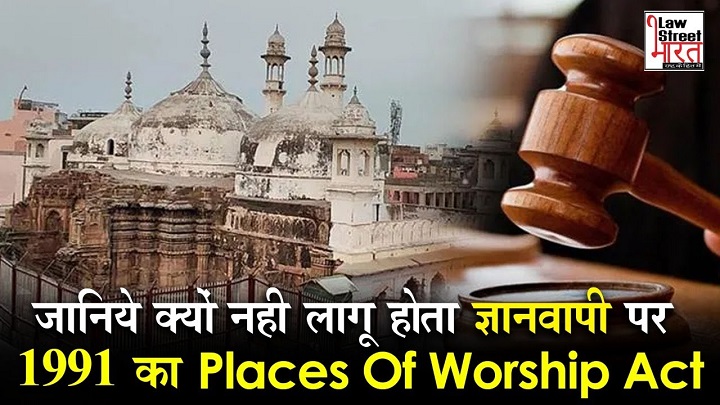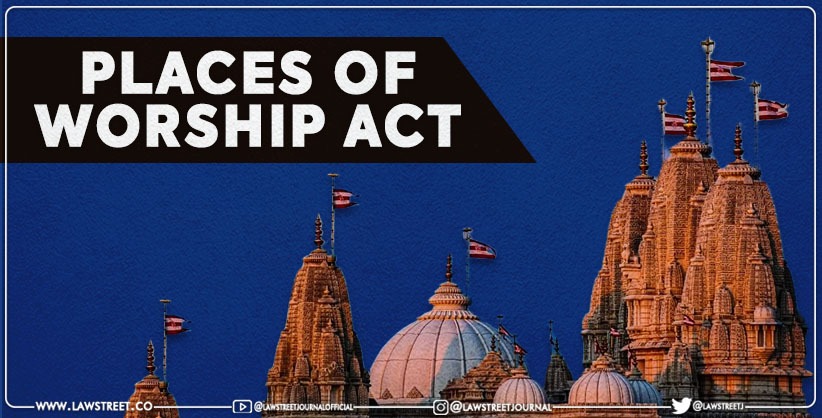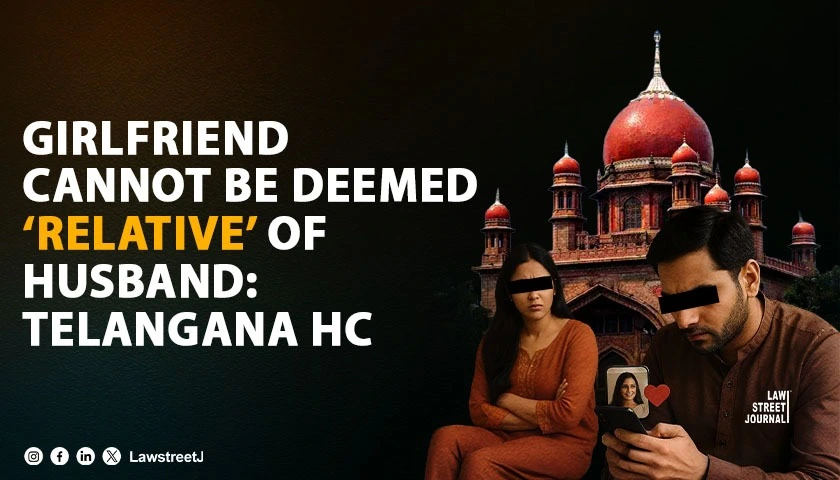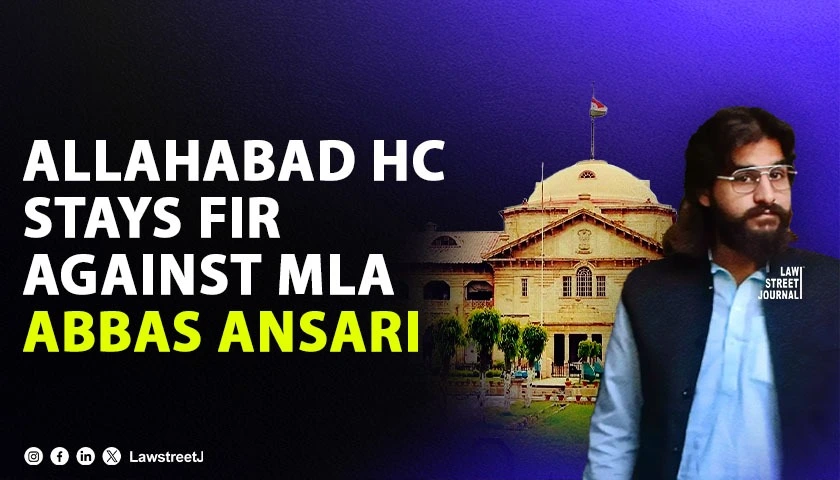NEW DELHI: Eminent advocate Ashwini Kumar Upadhyay, who spearheaded legal reforms by PILs, has told the Supreme Court during the black days of the emergency, the government by the Constitution (42nd Amendment) Act inserted ‘Socialist Secular Integrity’ in Preamble without changing the adoption date i.e. November 26, 1949 and on behalf of the Constituent Assembly, which did not exist in 1976 and even without following due process of law.
"Such a substantial factual brazen mistake and manifest arbitrariness cannot be allowed to continuously exist in the Constitution of the largest and oldest democracy of the world. In fact, such a post facto alteration of the facts needs to be restored with immediate effect," he said.
In a short note in his plea challenging validity of amendment into the Preamble, he said once Preamble has been adopted by the Constituent Assembly, any alteration in the adoption statement in 1976 without changing the date and that on behalf of the Constituent Assembly, which did not exist in 1976, is manifestly arbitrary and brazenly offends Article 14 of the Constitution.
"Section 2 of the Constitution (42nd Amendment) Act, 1976 whereby the expressions Socialist-Secular were purportedly inserted in the Preamble, purportedly by “We, the People of India” and purported by the Constituent Assembly on 26.11.1949, is the biggest fraud on the Constitution," he said.
Upadhyay contended the mandate of the people of India came to an end and there was no ‘Will of the People’, when amendment was brought in.
"When Parliament debated the Constitution (Forty-fourth Amendment) Bill, 1976, the Proclamation of internal emergency dated 25.06.1975 was in operation and most of the opposition members of both the Houses of Parliament were in jail due to preventive detention and there was no debate in parliament," his note stated.
It pointed out the Presidential Order under Article 359 of the Constitution of June 27, 1975 suspending the right to move the Court for enforcement of fundamental rights guaranteed by Articles 14, 19, 21 and 22 was in operation; and more than one lakh people were under preventive detention under provisions of the Maintenance of Internal Security Act, 1971 (MISA), Defense and Internal Security of India Act and Regulations, 1971 (DISIR). Hence, the voice of people was silenced.
"There was no freedom of speech and expression guaranteed under Article 19 for the citizens to express their views on the Bill. Press censorship was in operation, electricity and water supplies of the Media Houses were disconnected and even many journalists, cameramen and editors were harassed by various means," it stated.
Upadhyay asserted there was widespread fear and threat amongst the citizens, the Press was gagged, Opposition Members of both houses of the Parliament were jailed and democracy was totally throttled.
"In such circumstances, the Parliament had no authority to amend the Constitution, much less the Preamble and/or Fundamental Rights," he said.

